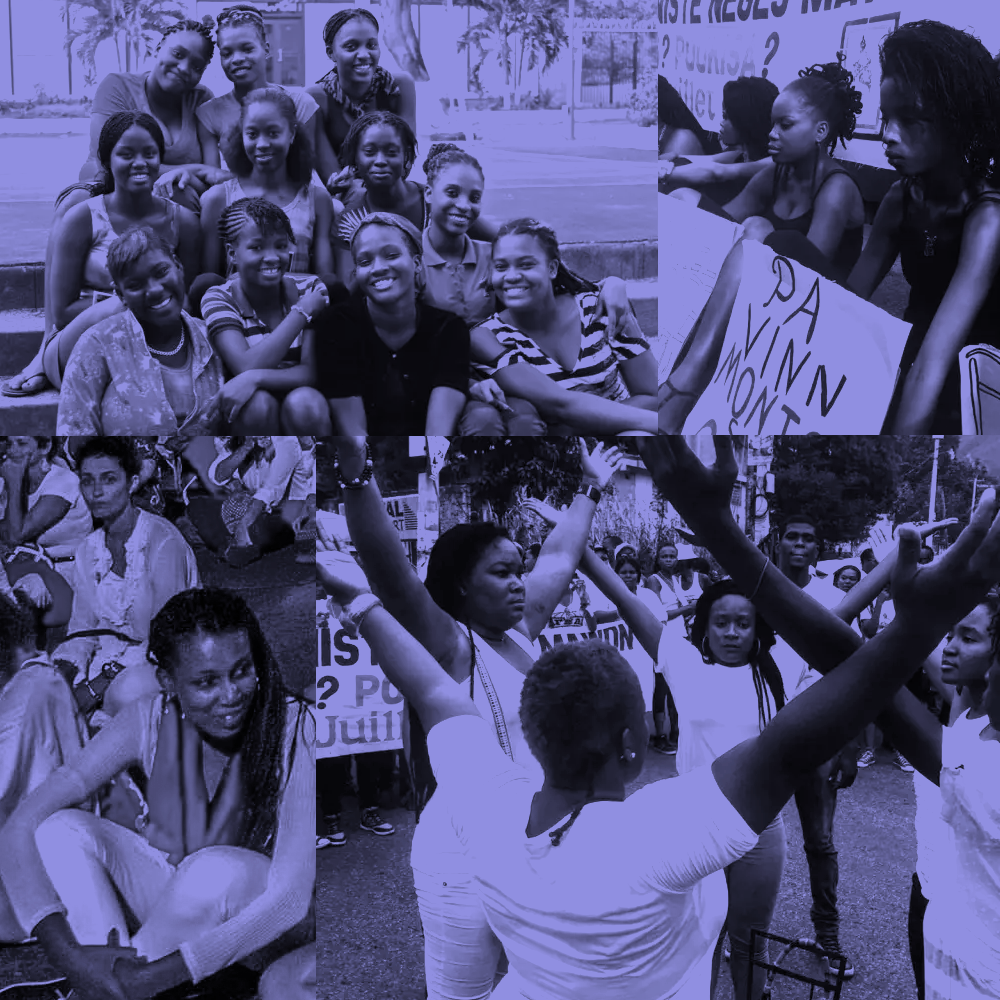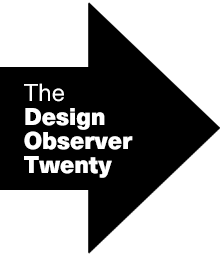
The Design Observer Twenty | Sponsored by IDEO
The Design Observer Twenty is our curated selection of twenty remarkable people, projects, and big ideas solving an urgent social need.
But we don’t fund their work.
“We rely on folks’ labor and their leadership to be able to face every crisis. … But when it comes down to investments, we under-resource and take for granted,” says Tynesha McHarris, who co-leads the Black Feminist Fund (BFF), which launched in 2021 to connect leaders of Black feminist movements to each other and to donors in institutional philanthropy.
In 2018, these movements — typically led by Black women, girls, and gender-expansive people and informed by Black feminist theories of change — saw less than half of one percent of the $70 billion in foundation giving globally, according to BFF’s research with the Human Rights Funders Network. For those that do get dollars, the number is rarely enough to make a difference. A recent BFF report shows 61% of Black feminist organizations have annual budgets of less than $50,000 USD, and 53% don’t have the money they need for the next fiscal year.

BFF — which McHarris founded with fellow philanthropy and social justice veterans Hakima Abbas and Amina Doherty, and now runs with a “village” of nearly a dozen other Black feminists — is on a mission to change that. They aim to mobilize $100 million and incite philanthropy to think so much bigger. Their refrain: “Fund Black feminist movements like we want them to win.”
The group is already well on their way. So far this year, they’ve raised $44 million of their $50 million goal and made their first round of grants, committing $14 million to 45 organizations in 28 countries.
“When in philanthropy can you have a turnaround that is in one year, you know? Where you can move from the idea, from the proposal, into the money,” says Monica Aleman, international program director for gender, racial, and ethnic justice at the Ford Foundation. Along with Solidaire, Farbman Family Foundation, and other institutional funders, Ford contributed to BFF’s nearly $30 million in seed investments.
The fund is sweeping in not only scale, but also inclusivity: their initial round of grants propels projects across geographies (Africa, the Americas, Europe, and the Middle East), in both urban and rural areas. The leaders they back hold myriad, intersectional identities — some are trans, some disabled, and some are young adults and children. They’re building collective power and leading urgent initiatives that address or bring about change. Things like rights for intersex and gender-diverse people in Ghana and reproductive justice in the UK. They take the village seriously: their 2024 Black Feminisms Forum will bring together more than 300 leaders and grantees in Barbados.
BFF's launch was their own proof point: within the first few months of their initial call for grants, they received over 900 applications for funding. The “abundance of Black leadership” is heartening, McHarris says. It's also a sign that philanthropy needs to step up, and fast.
What that looks like is “sustained, consistent, meaningful support” for Black life and leadership — not just in response to Black pain and death. It’s why BFF gives Sustain Fund cohorts grants of up to eight years to use as they see fit — rather than for prescribed projects — and it’s why they’re fundraising fervently “now — not later,” McHarris says.
The Ford Foundation agrees. They call their backing a signal for the sector to prioritize “trust-based philanthropy.” Core to this philosophy: investing long term in leaders who understand the power of their communities to drive change and acknowledging that those same leaders are the ones “best to make the judgments about the use of resources,” says Michele Moore, Ford’s vice president and chief communications officer. “Generational change requires generational investment.”
And although accountability for making and tracking impact is important, so is room to mess up and shift course — an opportunity afforded leaders in virtually any other sector (with invariably lower stakes).
“We‘re going to make mistakes and hold each other accountable,” McHarris says. “But watch what is possible when we are supported to win, and then we support others to win.”
Essay by Delaney Rebernik.



